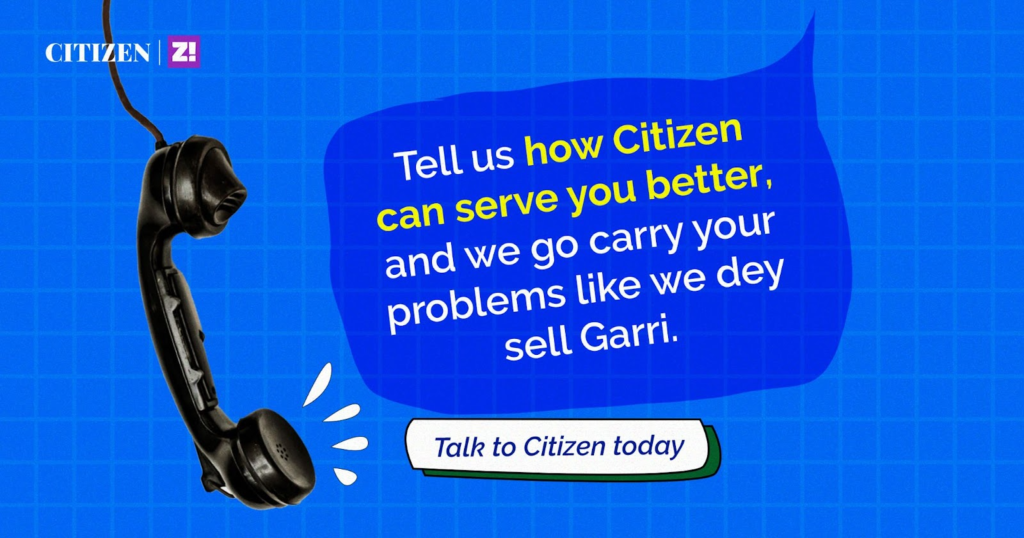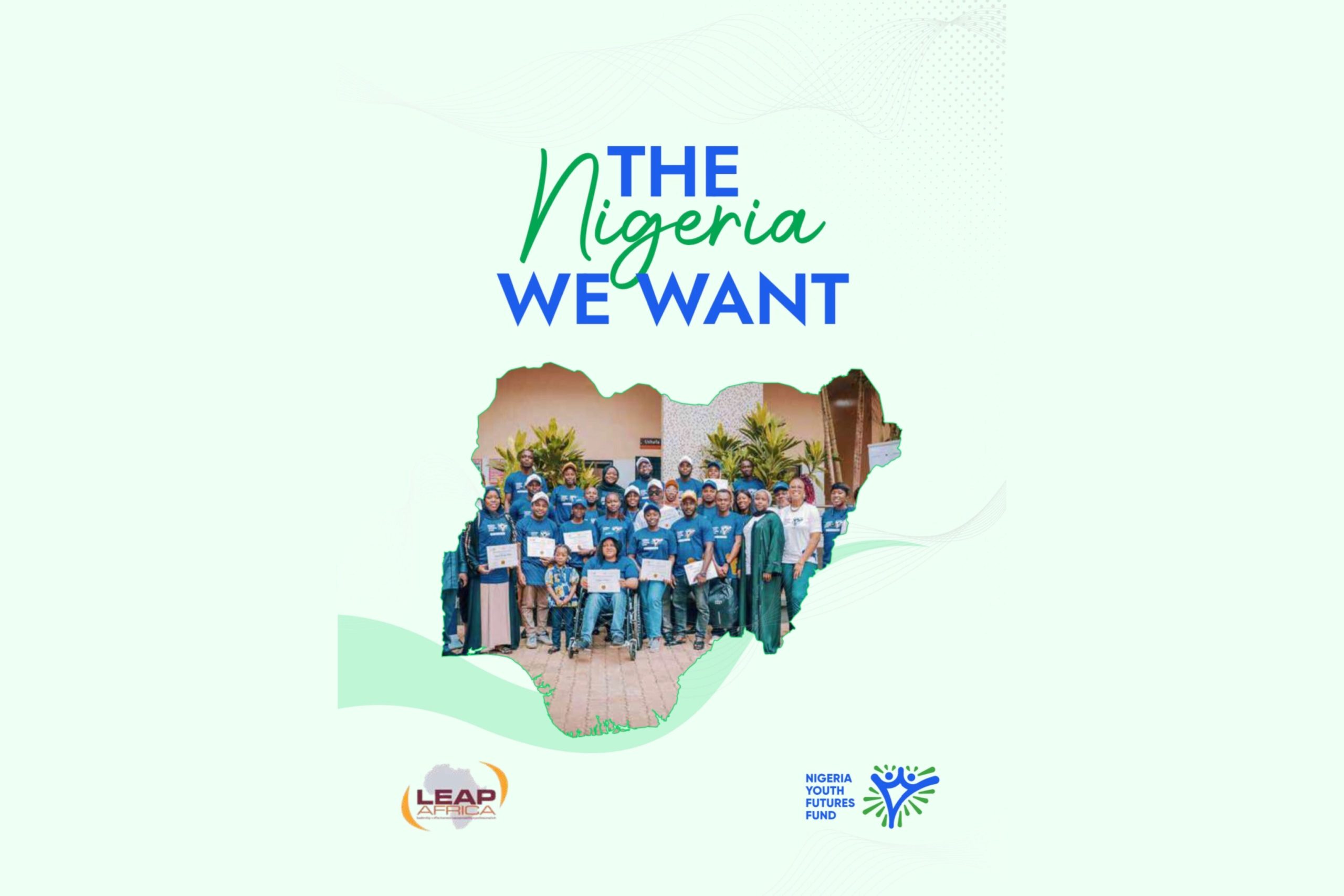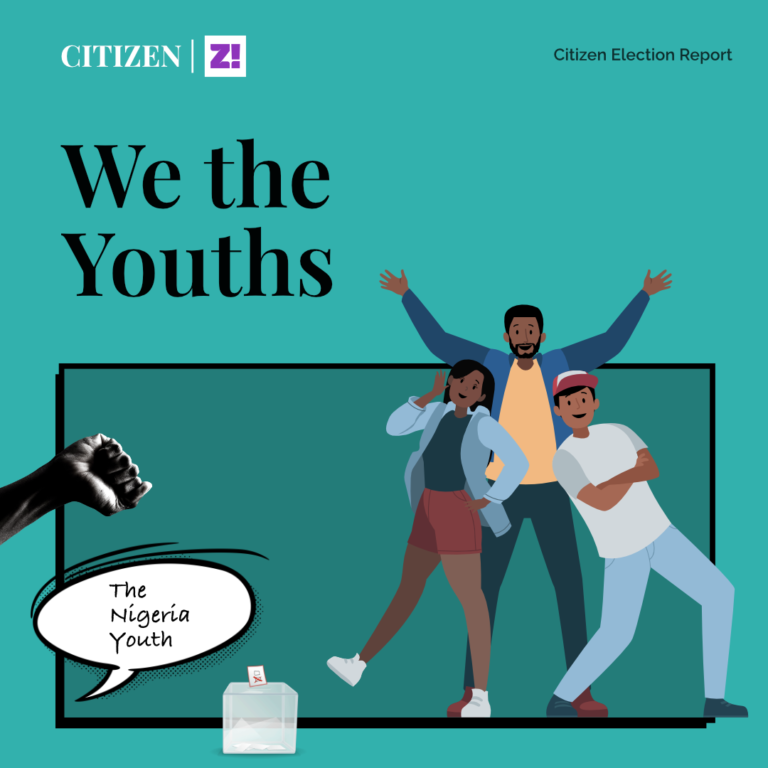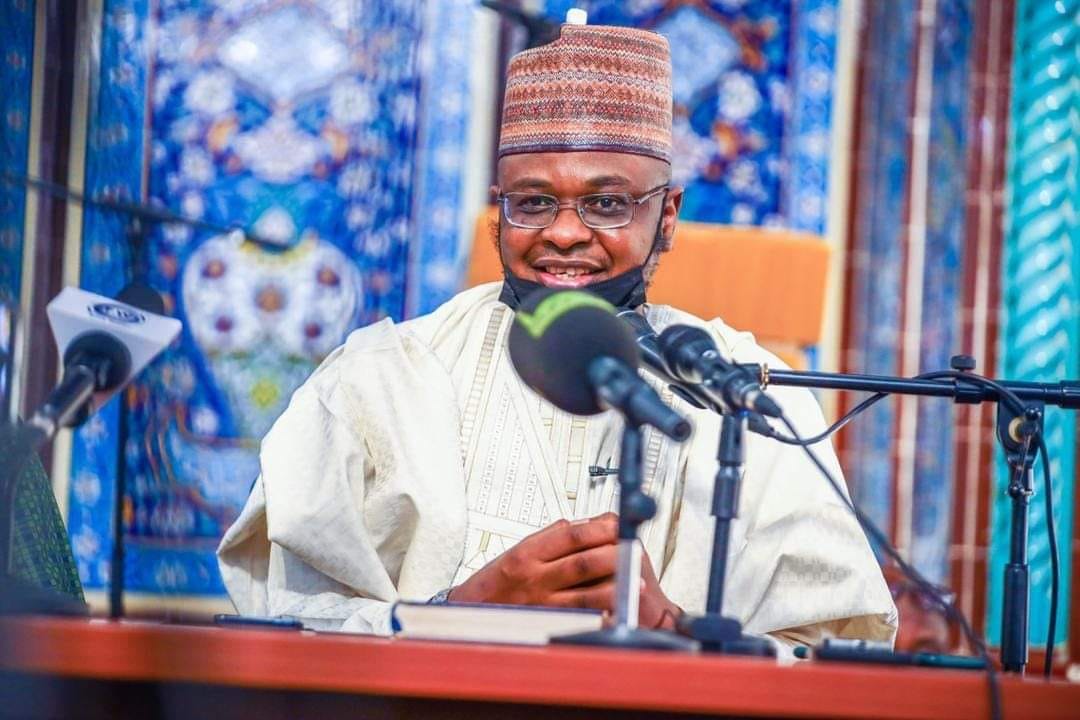What age were you when you started secondary school? If you were younger than 11 years old, you might be one of the last of your kind.
The federal government wants to stop underage children from writing the National Common Entrance Examination (NCEE) for admission into secondary schools across Nigeria.
Naturally, not everyone is aligned.

The Case for Age Restrictions
David Adejo, the permanent secretary of the Federal Ministry of Education, said students need to reach an appropriate age before taking the NCEE. While monitoring the conduct of the 2023 NCEE, he expressed his concern upon seeing three nine-year-olds sitting for the exam, stating, “We are teaching the children the wrong values.”
Adejo argues that education extends beyond passing exams; it involves teaching, learning, and character formation. By restricting admission to students at least 12 years old, the government aims to ensure that students possess the cognitive and emotional readiness necessary to navigate the challenges of secondary education effectively.
Some supporters agree with Adejo. Wemimo, who entered secondary school at 9 and started university at 15, shares his experience of feeling out of place and “inexperienced.”
Wemimo believes young students face risks because they may be more vulnerable to negative influences and lack the maturity to make informed decisions.
On social media, proponents of age restrictions point out that an undue emphasis on ticking boxes and acquiring certificates at a young age may detract from the holistic development of children.

If you no tell us, how we go know? Tell us here.
Considering Job Opportunities
While the government’s decision prioritises the well-being of young learners, concerns dey regarding their future job prospects.
Funmi, who attended a federal unity college and got in at 11 years old, says age restriction in federal schools has always been a thing, even though on rare occasions she had younger classmates, and that she feels the reason age restriction exists is that “things were slower, but now, everything is evolving so fast.”
She says, “These kids [at the moment] even appear bigger than their ages; they learn so fast. We all learn differently. Kids of 5 are doing well in Mathematics, English Language and have coordinated tenses, so bringing it to 9 years for a well-developed child isn’t so bad so long the child isn’t deliberately rushed to suit whatever purpose.”
The possibility of being highly employable at a young age influences Funmi’s concern. “I intend to make my kids have a faster education cos early education is more advantageous.” She said, “They could deviate into other things quite early in life too. I had classmates of younger ages, and I’m sure they appreciate their early education.”
However, Funmi says that to address this issue, employers should recognise the value of graduate trainee programmes and offer opportunities for young professionals to gain practical experience. And they should stop requesting unrealistic work experience. “They’d just get people to lie and claim what they’re not for employment reasons, and such people could be less productive,” she added.
Funmi believes employers should make room for graduate trainees starting at 20, acknowledging that even if the government disapproves of below-age-11 admissions to government-owned secondary schools, private schools are readily available to cater to them.
Finding a Balance
The federal government’s decision to enforce age restrictions in the NCEE might reflect its commitment to the well-being and development of young learners. However, striking a balance between readiness and opportunities is crucial in crafting an educational system that fosters holistic growth, offers relevant opportunities, and equips students for success.
It is also essential to consider the challenges that lie ahead in public tertiary institutions, such as ASUU strikes, poor educational processes, and actions that frustrate students and prevent them from completing their education on time. In contrast with other parts of the world where there are records of young people achieving incredible academic feats at the tertiary level, many Nigerians will continue to share the feeling that “Nigeria no dey ever rate young talent”, as a social media user puts it, as having “archaic” norms.
Looking ahead, policymakers, educators, employers, and parents must strive to reach a consensus on an inclusive, progressive, and effective educational framework. By considering the diverse perspectives and experiences of individuals who have gone through the system, Nigeria can shape its education system to nurture young talent while addressing the challenges and opportunities of the modern world.




